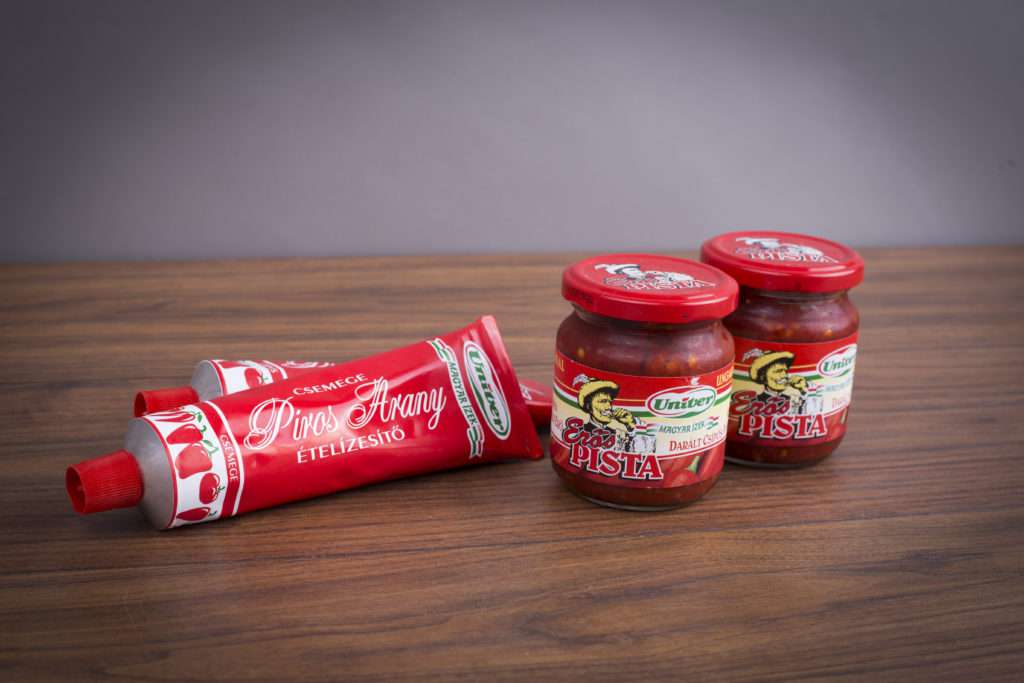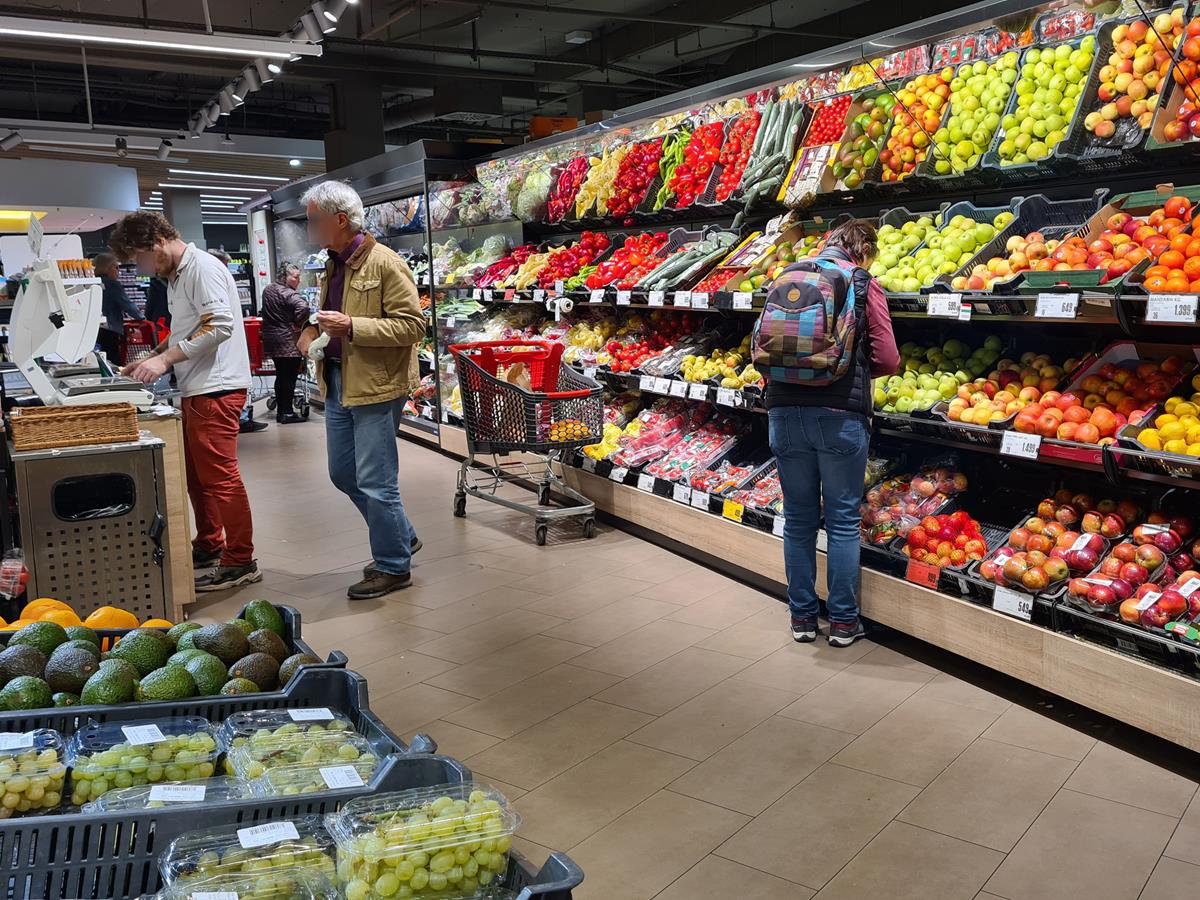This Hungaricum is much cheaper in Italy than in Hungary

Piros Arany, an undeniably Hungarian product, also classified as Hungaricum, is more than 70 percent cheaper in a shop in Italy than in Hungary. At first glance, this difference is staggering, but if we examine the reasons, experts say it becomes clear how this is possible.
Piros Arany, a Hungaricum that is cheaper abroad
Piros Arany, or Red Gold, is a paprika paste produced by Univer in Kecskemét since 1967, and it has been used as a sandwich spread and condiment since 2016. Therefore, it is surprising that a newly uploaded TikTok video shows a 160-gram package of the Hungaricum costing 99 euro cents in an Italian shop, while at the same time in Hungary, the price for the same product in a local Penny store was 659 forints, Pénzcentrum reports. The difference is significant: the Hungaricum is 71 percent more expensive in Hungary than in Italy.

One might say that the Italian price is a bargain, but it is hard to imagine a discount of around 70 percent, writes the portal. Thus, the Hungaricum is certainly cheaper at its original price in Italy than in most shops in Hungary. The price seen in Penny aligns with pricing trends observed in other local stores, according to Pénzcentrum’s research.
It is also noteworthy that the product was covered in February, showing that, according to the price pattern at that time, the legendary Hungarian product was more expensive in Slovakia than in Hungary. This suggests that Hungarian products often cost more domestically than abroad.
Why are Hungarian products more expensive in Hungary than abroad?
The domestic sale of Hungarian food products is significantly more expensive than in other European countries, which is why even Hungarian brands are cheaper in many countries abroad, said Lajos Braunmüller, editor of Agrárszektor. He emphasised that the main reason for this phenomenon is the domestic economic and regulatory environment.

For example, the higher prices can be attributed to several factors: different VAT rates, post-packaging charges, and retail costs. Hungary’s VAT rate is relatively high compared to many other European countries, contributing to higher retail prices. Post-packaging and retail charges may also be higher in Hungary, further increasing costs. Additionally, higher inflation and wage levels in Hungary can drive up production and operational costs.
The impact of competition, or the lack of it, should not be neglected according to experts, as a smaller domestic market allows for less intense competition, which can lead to higher prices. In contrast, the European market is much more competitive. Additionally, better income conditions in the EU can influence pricing strategies, sometimes making products cheaper abroad.
So at the end of the day, in this complex system, it is not surprising that a Hungarian product like Piros Arany is cheaper in Italy than in Hungary. Once the reasons are clear, it is easier to understand why a product made in Hungary can be less expensive to sell abroad than domestically. The fundamental reasons for this can be traced back to the characteristics and specificities of the domestic economy.
Read also:
- Sad news: food prices in Hungary exceed EU average – Read here
- Coca-Cola scandal? Hit drink strikingly different in Hungary than elsewhere – Read here
Source:








There are no excuses. Higher prices in Hungary are completely due to government failure and corruption. The wages factor is a load of bunk. Wages are lower in Hungary not higher.
I don’t disagree with you Larry, but the total cost of employment in Hungary can be higher than for an equivalent job elsewhere in Europe due to 33.5% gross to net deductions and hefty employer social security contributions. European countries typically have progressive taxation systems such that fairly low paid workers like those working in a supermarket or distribution hub have relatively low levels of taxation at their income level. The general labour shortage is also a factor resulting in chains like Aldi and Lidl offering wages that rival those that can be earned in a supermarket in countries like Spain and Italy. Even in Austria shop workers are not well paid while in Hungary these employers need to pay relatively high wages to get candidates through the door.
DNH – you FAILED to print my COMMENTORY.
Don’t be AFRAID if as in the case of this journalist – she MAKES errors in what she writes.
Perfection is BUT for the FEW.
I CORRECT her, for the GOOD of ALL readers on the SIMPLE fact, that of the 27 Member Country’s of the European Union – that HUNGARY has the HIGHEST vat at 27%.
That’s the “lesson of the day to – Daniella Takacs.
Dear Reader, thank you for your insight, we sent your comment to our colleague.